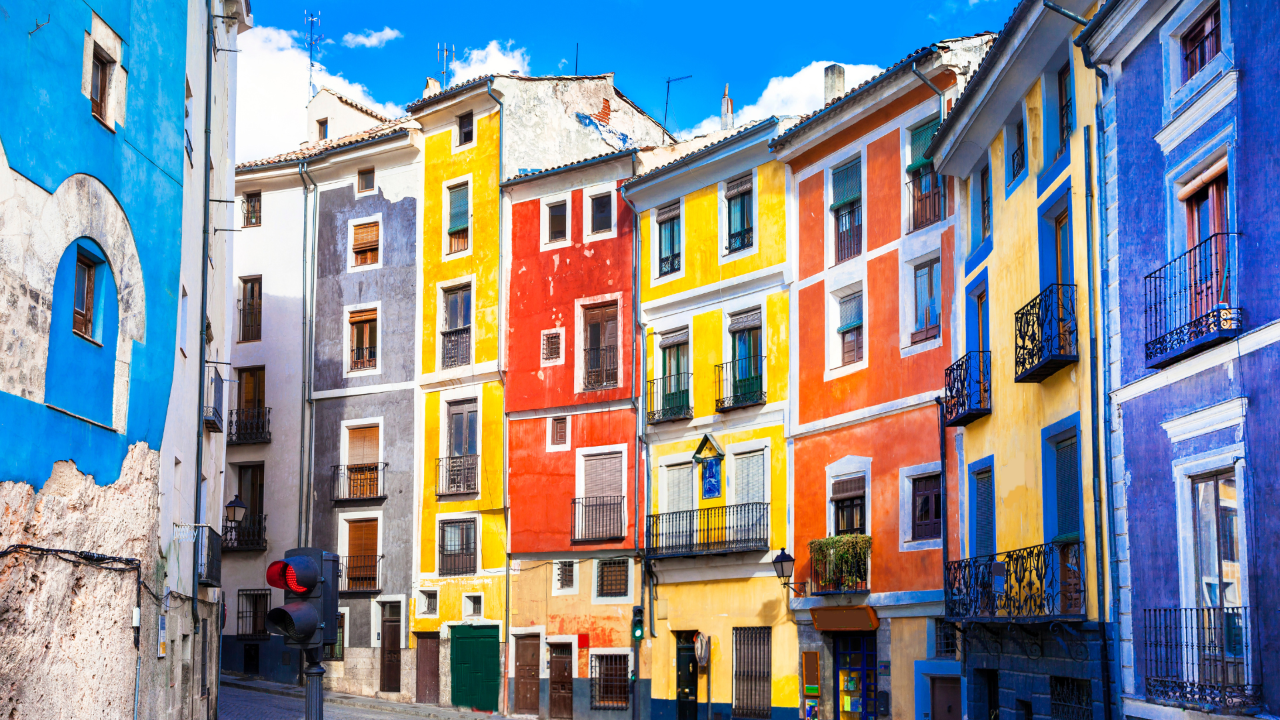Renovating in Spain: Costs, Permits, and Pitfalls
Jul 07, 2025
Buying a property in Spain is one thing, but turning it into your dream home is another. Renovation projects can be exciting and hugely rewarding, especially if you are bringing an older home back to life. But before you start choosing tiles or knocking down walls, it is important to understand the true cost of renovating in Spain, and the legal steps involved.
Here is what I have learned from years of helping buyers through the process.
What Does It Really Cost to Renovate?
Renovation costs in Spain vary depending on location, the type of property, and the level of work required. As a general guide:
- Cosmetic updates like painting, new lighting, and basic kitchen or bathroom refreshes may start from 300 to 600 euros per square metre
- Full structural renovations, including plumbing, electrics, roofing, and layout changes, often range from 700 to 1,500 euros per square metre
- Luxury upgrades or bespoke work can exceed 2,000 euros per square metre
Always factor in a 10 to 20 percent contingency, especially if the building is older or rural. Issues like damp, outdated wiring, or hidden structural problems are common.
You Will Need the Right Permits
One of the biggest mistakes people make is starting work without checking local permit requirements. In Spain, there are two main types of renovation licences:
- Obra menor (minor works), used for cosmetic updates and small changes. These usually require a simple application at your local town hall and may only take a few days to approve.
- Obra mayor (major works), needed for structural changes, extensions, or anything involving plumbing or electricity. This requires full project plans, a licensed architect, and may take several weeks to approve.
If you are in a protected historic area or making changes to the façade, there may be additional regulations.
Skipping permits can result in heavy fines or legal problems when you come to sell the property. Always check with your local Ayuntamiento and consult an architect or gestor who knows the local rules.
Common Pitfalls to Avoid
- Underestimating the Timeline
Even small projects in Spain often take longer than expected. Builders may work on multiple jobs at once, and material delivery can be delayed. Factor in local holidays and the August shutdown when planning. - Not Hiring Local Professionals
Working with a trusted local architect or project manager who understands both the legal and cultural landscape is crucial. They will help keep your project compliant and on budget. - Choosing the Cheapest Contractor
Low quotes often mean low-quality work. Always get multiple quotes and check references before committing. - Renovating Without Purpose
Be clear on your goal. Are you renovating to live, to rent, or to sell? Your choices should reflect the end use. What works for a family home may not be right for a holiday rental.
Renovating in Spain can transform a dated property into something truly special, but it requires planning, patience, and the right team. With realistic expectations and local expertise, it is absolutely worth it.

